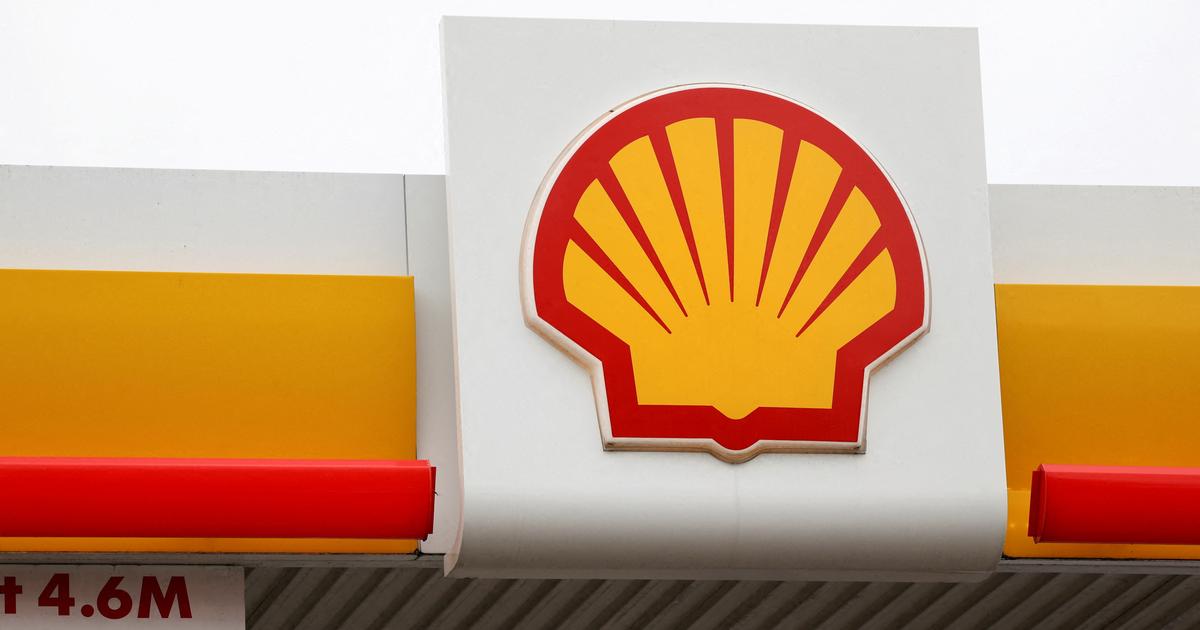Enlarge image
The "Floating Earth" by artist Luke Jerram: "The 1.5 degree target remains at least within reach."
Photo: Chris Furlong / Getty Images
From a purely physical point of view, humans as climate protectors are complete failures.
That would be the very simple and short annual climate balance of 2021 if only the series of measurements from research stations were looked at.
The enrichment of the atmosphere with CO2 particles is increasing steadily, the measuring devices at the remote observatories are constantly setting new records.
At the famous observatory on the Mauna Loa volcano in Hawaii, 415 ppm (parts per million) were measured in November - a year ago it was 413. In June, the research team at the station reported the highest value since measurements began in the 1960s Years.
This trend is recorded in the famous »Keeling curve« - the first measured value of which was 313 ppm in 1958.
Since then, things have risen steeply - and 2021 was no exception.
But unlike in the 1960s, we are now feeling the consequences: rising temperatures, extreme weather, collapsing ecosystems and accelerated species extinction.
Hardly a week goes by in which we in the SPIEGEL science editorial team get by without such reports.
What the year 2021 also showed: The climate crisis does not just stop because we don't get on a plane or drive to work for a few months due to the corona. Because several studies have shown that the climate effect of the corona lockdown is "low" to "undetectable".
The learning effect: only a long-term change of direction will help; the big wheel has to be turned in order to fight the climate crisis.
In this regard, a lot has actually happened in the past 12 months - even if many advances have been delayed too long and still do not go far enough.
But measured against the efforts of the past 30 years, 2021 has sent a clear signal of departure: There was a paradigm shift - this is how the British chief diplomat at the climate summit in Glasgow, Alok Sharma, describes it quite aptly in an interview with SPIEGEL.
This is also confirmed by climate researchers and other experts: on request: A lot has moved in the climate year 2021 - but not only in the right direction.
These are the greatest successes:
2021 really started on April 29th: The Federal Constitutional Court upheld a lawsuit by several environmental associations that had filed constitutional complaints against the federal government's climate protection policy.
The government at the time then had to improve its policy.
In May, the federal cabinet then passes a tightened climate law.
Germany is now to reduce its greenhouse gas emissions to zero by 2045.
The annual savings targets are being refined.
In July, the EU Commission presented specific legislative proposals for the implementation of the “Green Deal” for the first time.
With this, the EU wants to lead the 27 states into the climate-neutral age.
The "Fit for 55" package makes numerous suggestions as to how the greenhouse gases of European factories, power plants, cars, planes and ships should be reduced by 55 percent compared to 1990 levels over the next ten years.
Agreement on the Glasgow Climate Pact in November: After a negotiating marathon of two weeks, around 200 countries agree at the UN World Climate Conference to phase out coal in the longer term and reduce fossil subsidies.
In addition, they give themselves transparency rules for the creation and compliance with climate plans and create the basis for international trade in CO2 credits.
Germany has had a climate ministry for the first time since December: since the swearing-in of the new ministers under Chancellor Olaf Scholz, the economic ministry has been converted into a super ministry.
Climate is not only in the name, but also right at the top of the agenda - at least that's what the new climate minister Robert Habeck (Greens) says.
These were the disasters:
Flood in the Ahr valley in July: The consequences of the climate crisis have long been felt in Germany - we knew that even before 2021. But the images of the floods in the Ahrweiler district went around the world, over a hundred people died and thousands lost their homes.
The painful lesson from this catastrophe: Germany is less prepared for extreme weather than expected.
But these will increase in the future due to climate change.
Missing climate plans for 2030: Many countries have still not taken any concrete measures to achieve their climate goals by 2030 or have not set any ambitious climate goals at all.
Sixth status report by the Intergovernmental Panel on Climate Change in August: the rise in global mean temperature could exceed 1.5 degrees as early as the 2030s.
That is much earlier than previously assumed by climate researchers.
The only way to slow the trend is to act immediately, warn the report's authors.
Rising CO2 values in the atmosphere: In October, the World Meteorological Organization (WMO) warns in an evaluation of global measured values from 2020 that the concentration of greenhouse gases in the atmosphere has reached new record values - despite a short emission pause due to the corona pandemic. Experts are predicting new CO2 records for 2021.
At the conference in Glasgow in November there were once again no specific concessions for poorer countries to compensate for their damage and losses caused by climate change. These are still not recognized. In the opinion of many African and Asian countries, the previous climate aid is far too little to protect against the consequences of climate change. At the same time, countries like India and China are weakening the paragraph on phasing out coal in the final hours of the conference.
The top and flop list shows: yes, something is moving - but the effects of the climate crisis are overwhelming and humanity is mercilessly lagging behind in combating it.
No wonder that most climatologists and experts approach the turn of the year with mixed feelings.
Climate researcher Friederike Otto from London's Imperial College London says: "There is definitely progress - but, as always, essentially for rich and white people."
Far too little has been done this year for those who are already suffering from the consequences of climate change around the world.
"Climate justice is interpreted exclusively as a problem between the generations - but not understood globally," says Otto.
Otto also sees the fact that "the CDU is no longer in government" as an important success.
Success: yes, but ...
"
I'm not giving up hope," says Niklas Höhne, head of the NewClimate Institute think tank. Successful climate protection requires “a lot of courage and positive surprises”. There were some in 2021, such as a boom in electric cars, the first pilot projects for carbon-free steel and carbon-free shipping. In addition, more and more countries are pledging to become climate neutral in the long term - and are setting themselves so-called "net-zero targets". "That was still a dream in 2020," says Höhne, who was also following the negotiations in Glasgow. But here, too, there is a catch: "The climate neutrality targets are increasingly being used to simulate climate protection." Greenwashing is becoming more common in countries like Saudi Arabia, Russia or oil giants like Shell.
Brick Medak, climate expert at think tank E3G, also sounds cautiously optimistic.
For him, the resolutions in Glasgow were the highlight of the year: "The UN climate summit in Glasgow was more successful than one could have expected in the previous weeks," said Medak.
And: "The 1.5-degree target remains at least within reach."
There is no real holiday mood.
Because all successes are given an "at least" or "but".
All advances will be offset by an overwhelming number of dramatic water level reports of the climate crisis in 2021 as well.
They are not difficult to talk away.
The change is here, but right now in the form of pledges and letters of intent.
In view of this galloping crisis, one can only wish for one thing in 2022: Keep it up - but please, faster and more resolutely.









